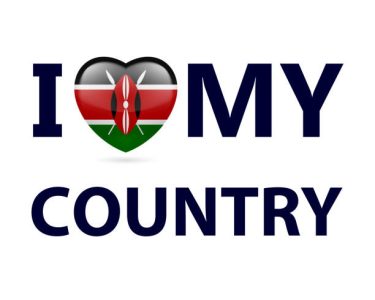Youth participation in politics is essential for fostering inclusive governance and cultivating a new generation of leaders.
Importance of Empowering Young People
1. Initiatives Fostering Youth Engagement:

- Youth Political Forums: Political forums specifically designed for young people provide platforms for open dialogue, idea exchange, and policy discussions. Explore the impact of these forums in encouraging youth participation in political discourse and decision-making.
- Youth Leadership Programs: Leadership programs tailored for young individuals offer skill development, mentorship, and exposure to political processes. Investigate how such programs contribute to grooming the next generation of political leaders.
2. Challenges Hindering Youth Participation:
- Structural Barriers: Structural obstacles, such as age requirements, can limit young people’s access to certain political roles. Examine how overcoming these barriers is crucial for fostering inclusivity and ensuring equal opportunities for youth in politics.
- Political Marginalization: Youth may face marginalization within established political structures. Analyze the challenges young leaders encounter in navigating political landscapes and the importance of addressing these issues for a more inclusive political sphere.
3. Impact of Social Media and Technology:

- Online Activism: Social media platforms serve as powerful tools for youth activism and political engagement. Explore the role of online activism in mobilizing young people, raising awareness, and influencing political narratives.
- Digital Campaigning: Technology facilitates innovative and cost-effective political campaigning. Examine how digital platforms empower young candidates to reach diverse audiences and challenge traditional political communication methods.
4. Youth-led Advocacy and Social Movements:

- Advocacy for Policy Change: Youth-led advocacy initiatives focus on driving policy changes in areas such as education, employment, and social justice. Investigate the impact of these movements in shaping political agendas and legislative priorities.
- Community Engagement: Youth-led community engagement initiatives address local issues, fostering a sense of responsibility and activism. Explore how such grassroots movements contribute to building a culture of civic participation among young people.
In conclusion, youth participation in politics is essential for promoting democratic governance, advancing social justice, and building inclusive societies. As young people continue to assert their agency and demand a seat at the table, their contributions will shape the future of politics and leadership, driving positive change and progress in societies around the world.






